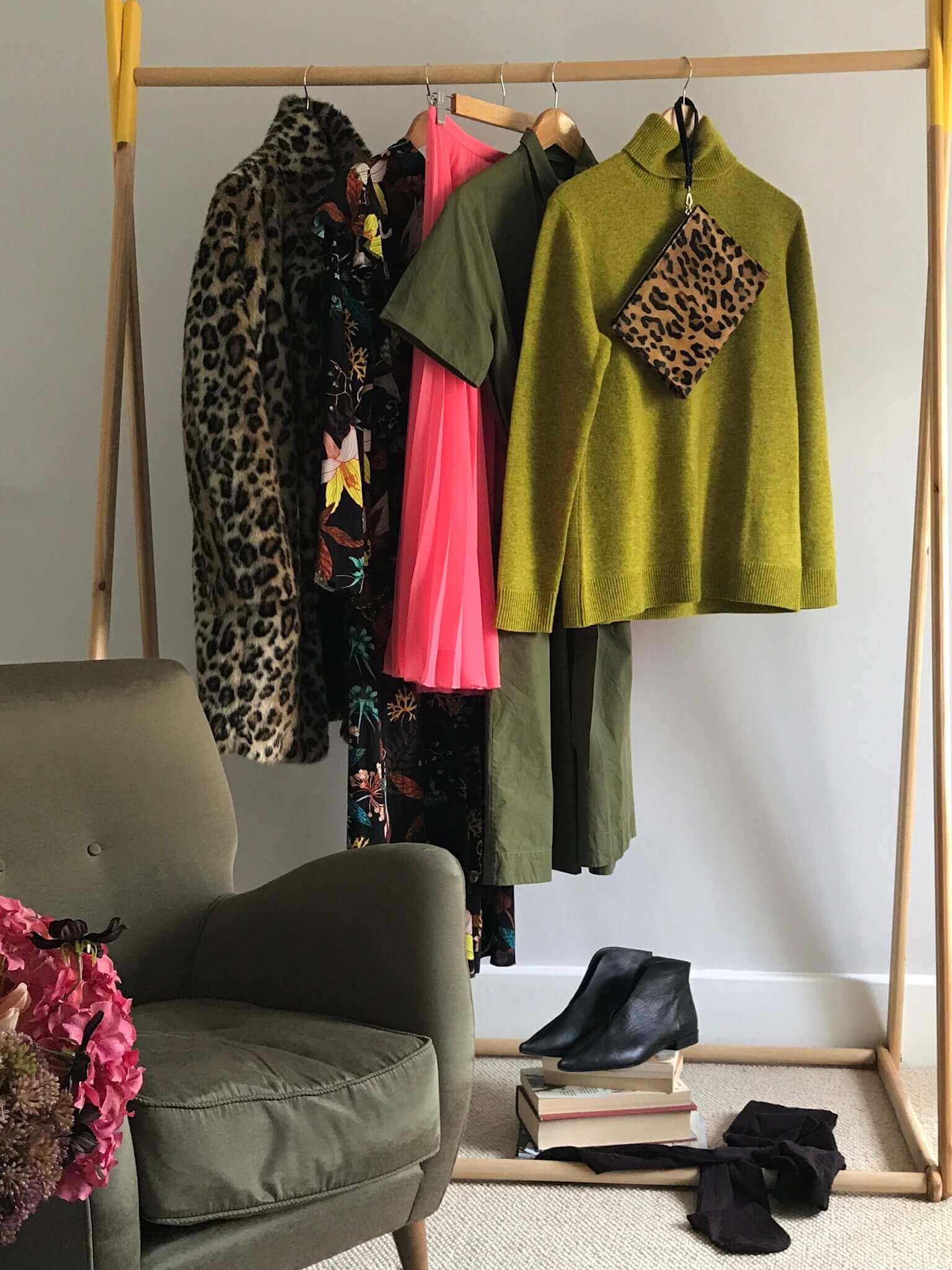
For the first time since rise of polyester, sustainable and eco-friendly clothing has become a global trend. Many people are willing to pay extra for clothes made with natural fibers that look good and feel even better against the skin. While many designers still prefer synthetic fibers or mixed blends, some fashion brands have devoted themselves to natural and organic fibers.
Three Designers in Love with Natural Fabrics
Mara Hoffman introduced her first clothing line for women in 2000 and has been upholding high standards for sustainable production, packaging, and shipping since then. The designer relies on natural fabrics, including linen, cotton, and hemp. However, she incorporates regenerated nylon fibers and polyester produced from recycled plastic into her swimwear collections for environmentally conscious buyers. Mara Hoffman encourages her clients to reevaluate their relationship with clothing to stop mindless consumption spurred on by fast fashion.
Stella McCartney became the pioneer of cruelty-free and responsibly sourced materials in high fashion in the late 1990s. She relies on organic cotton, reengineered cashmere, and recycled fabrics to create confidence-boosting garments for men and women alike. Clevercare became one of the staples of the fashion brand in 2004. Simple and actionable care labels guide Stella McCartney’s customers through daily care routines that prolong the life of their favorite garments. This system helps consumers reduce the environmental footprint of their wardrobe and promotes conscious consumption.
Eileen Fisher is a disruptive force of nature in the stagnant world of fashion. She enjoys breaking rules and using natural or recycled fabrics in her clean and elegant designs. The designer promotes inclusivity by creating pieces for all body types, including petite and plus sizes. Silk Georgette Crepe is her signature fabric that combines the advantages of silk, wool, and linen. It creates flowing lines and promises uncompromising comfort throughout any season. The use of all-natural dyes without harmful chemicals makes it a unique solution for environmentally conscious fashionistas.

Natural Fabric Limitations to Remember
By now, you know we love natural fibers and offer a wide selection of fabrics. You can find the best cotton, linen, silk, and wool fabric for your sewing needs in our online store. We offer lending opportunities, installment, and credit payment options for bulk buyers, so feel free to reach out to us, and we’ll find the right deal for your needs.
However, before you commit to all-natural clothes, let’s go over critical limitations they possess:
- Cotton is exceptionally prone to wrinkling and wears down fast. Moreover, cotton requires regular washing, though it can be easily done at home.
- Wool doesn’t mix well with extreme heat and powerful detergents, and it is prone to shrinkage. You can also expect the fast production of lint.
- Linen is the synonym for wrinkles. Though it is stronger and more durable than cotton, it may shrink because of high heat.
- Silk deteriorates fast in contact with perspiration and loses its strength when wet. The fabric is extremely sensitive to heat and detergents.
Remember these factors when choosing the natural fabric for your next piece in our store, and you will avoid unpleasant surprises. With the right selection and care, natural fibers can survive longer than synthetic fabrics and uphold their gorgeous look and feel for years to come.
